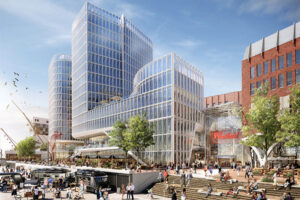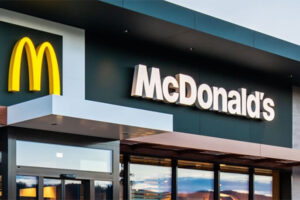F&B Insights with Will & Johnny!
Two top industry professionals talk about the opportunities and challenges of retail gastronomy.
Will Odwarka and Jonathan Doughty are among the most experienced F&B experts in the retail gastronomy scene in Europe. In the second installment of the ACROSS Discuss series, they delve into the topic of market halls, and assess the formats growing relevance within the field of F&B.
Even though market halls are not the modern interpretation of food halls, Time Out Market, among others, proves that food court and market hall can coexist at the same location. Whereas food courts are primarily focused on daytime service, and are mainly fast-food inspired, market halls are slightly more complex, as they also incorporate entertainment into the venue. As such, market halls´ strategy revolves around constantly curating an environment that stands for entertainment. In the following discussion, Will Odwarka and Jonathan Doughty are sharing their insights on why market halls are becoming more and more successful, and what an ideal environment for such a venue consitutes.
Market halls, the age-old anchor of civilization, are getting a much-needed facelift.
These vibrant spaces, where people gather to buy and sell fresh produce and artisanal products are not a new development, they have been a cornerstone of human civilization for centuries. In recent years, market- and food halls have experienced a resurgence in popularity worldwide, becoming destinations in their own right for locals and tourists alike.
Historically, market halls served as essential community hubs, providing a centralized location for exchanging goods and fostering social interaction. They reflected the local culture, offering unique flavors, culinary traditions, and heritage of a region. However, with the rise of industrialization and the convenience of supermarkets, many traditional market halls lost their appeal. But then, a shift occurred.
People began to realize the importance of reconnecting with their food sources and supporting local producers. The movement towards sustainable and ethical consumption gained momentum, and markethalls emerged as ideal platforms for promoting these values. They became synonymous with the farm-to-table movement, offering a direct link from the producer to the consumer.
The resurgence of market halls can be attributed to factors such as the increased emphasis on quality and authenticity. Consumers are seeking out unique products that differentiate them from mass-produced items. Market halls provide the perfect environment for small-scale producers or restaurateurs to showcase their goods and connect with consumers seeking these unique offerings. They also offer exceptional presentation and access to outstanding craftsmanship.
Another factor contributing to the popularity of market halls is the growing interest in experiential consumption. In an era where technology dominates our lives, market halls offer a tangible and multisensory encounter. The sights, sounds, and aromas of a bustling market create an immersive experience that cannot be replicated online. Market halls have become vibrant social spaces, where people can indulge in communal dining experiences, meet local producers, and interact with fellow food enthusiasts.

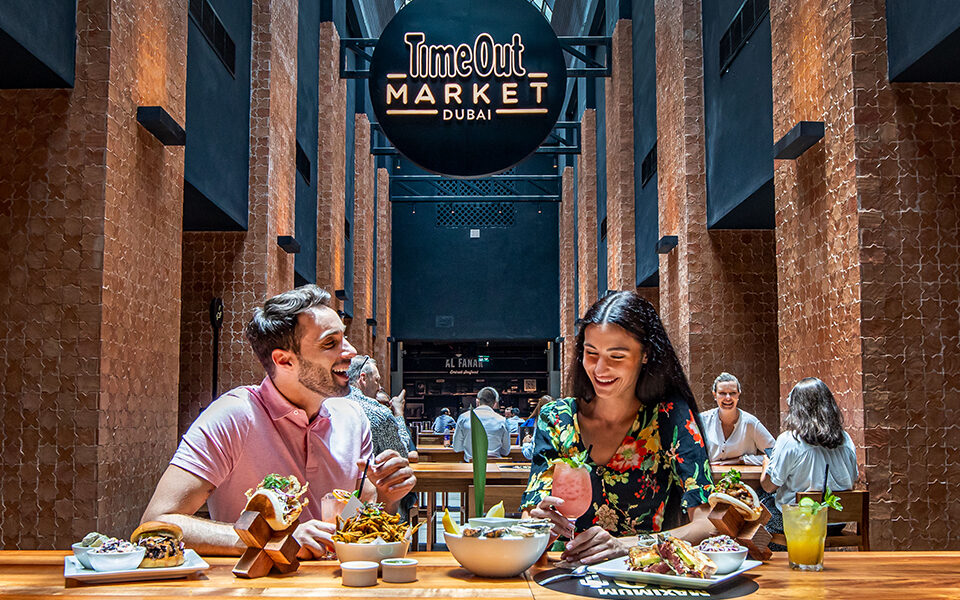
Additionally, market halls have become popular due to their role in promoting cultural exchange and diversity. They offer a taste of global flavors under one roof, showcasing different culinary traditions and fostering mutual understanding. This exposure to different food cultures broadens culinary horizons and adds to the overall experience.
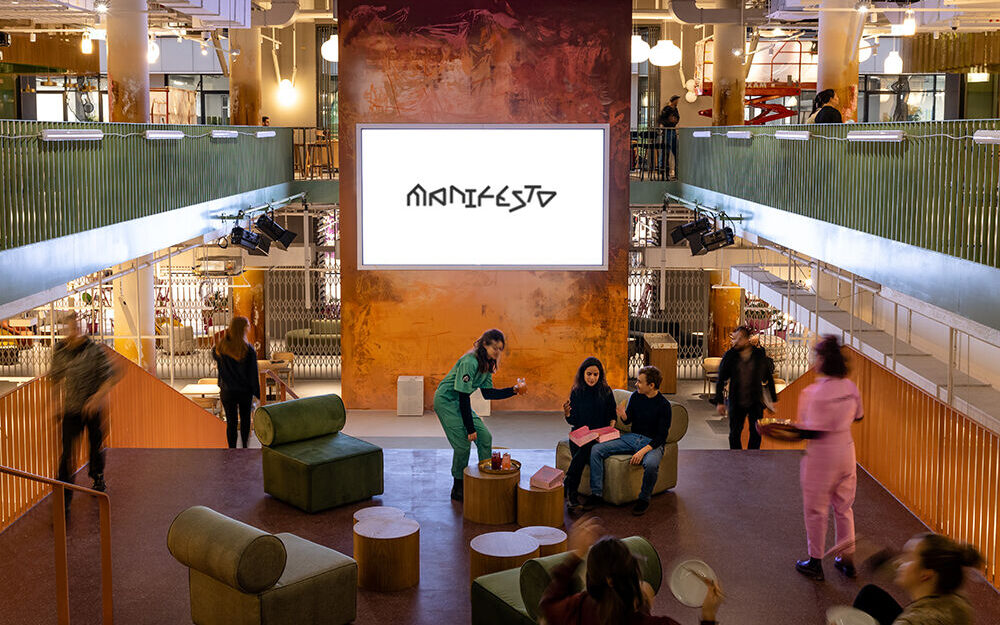
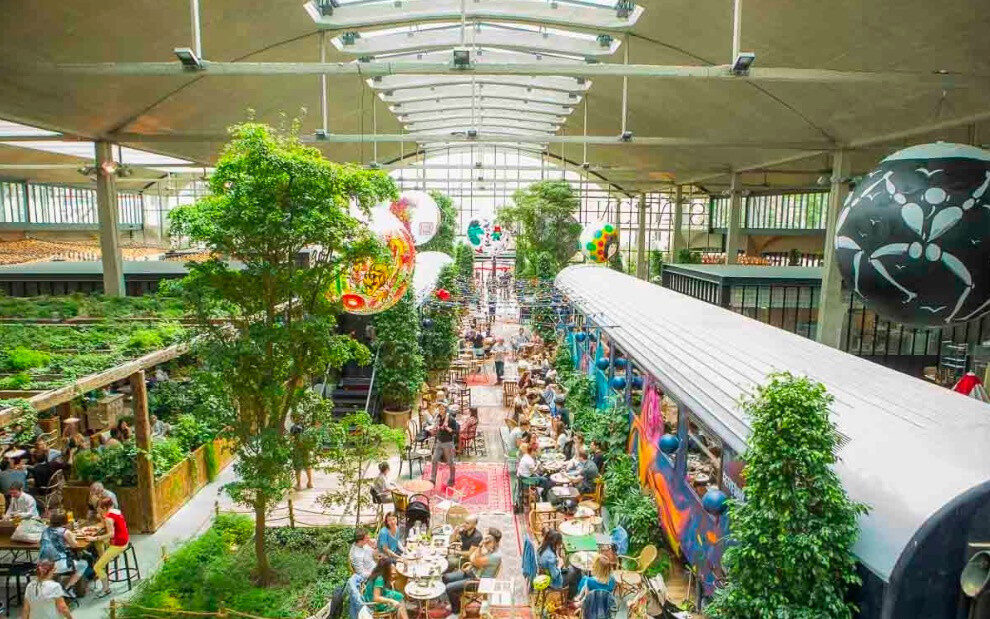
There are both exceptional and subpar examples within the hospitality industry. Timeout Market stands out for its consistent performance across the US, Europe, and the Middle East, demonstrating exceptional success. Manifesto, with its unique and unpretentious approach, has made a memorable impact in Prague and recently expanded its offerings in Berlin. Similarly, LaFelicita, a venture by Big Mama group, has transformed a train depot in Paris into one of the most remarkable culinary destinations in Europe. Meanwhile, London’s Mercato Metropolitano has elevated the significance of food in the city to new heights.
Notably, there are also outstanding players like Boxpark and incredible mall concepts such as the IconSiam’s floating market in Bangkok. Additionally, the recently unveiled AlMamlaka social dining hall in Riyadh, Saudi Arabia has joined the league of awe-inspiring experiences.
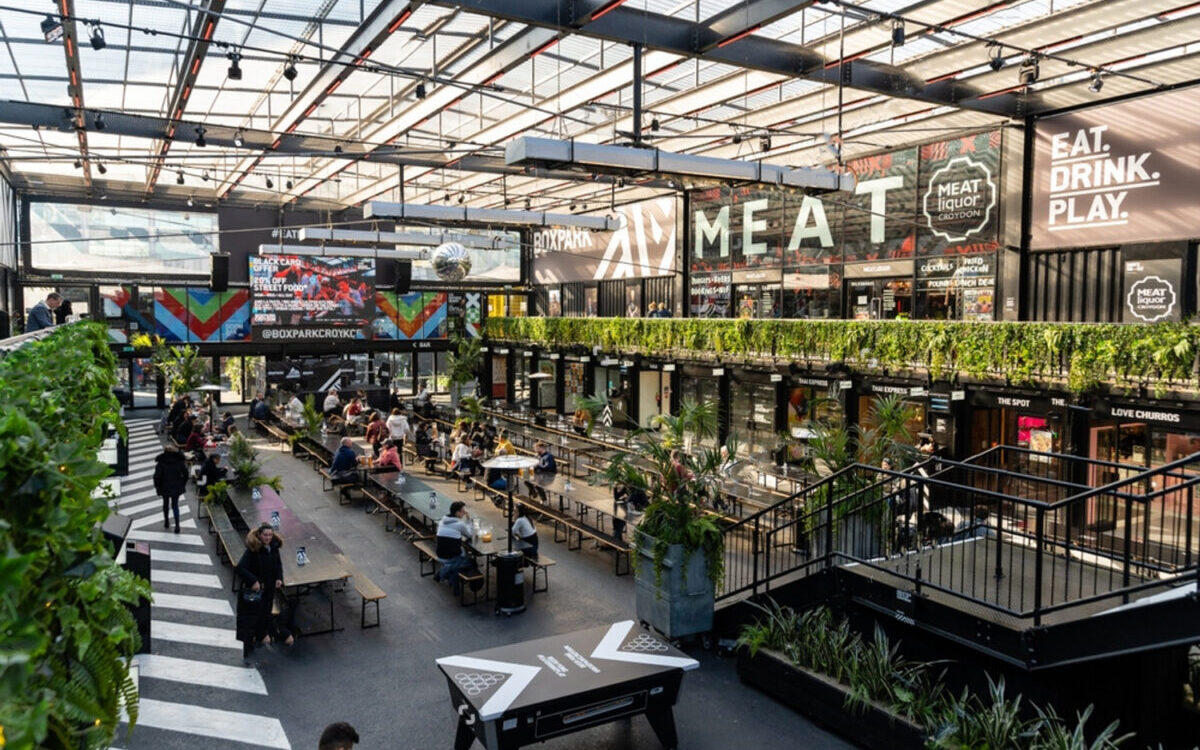
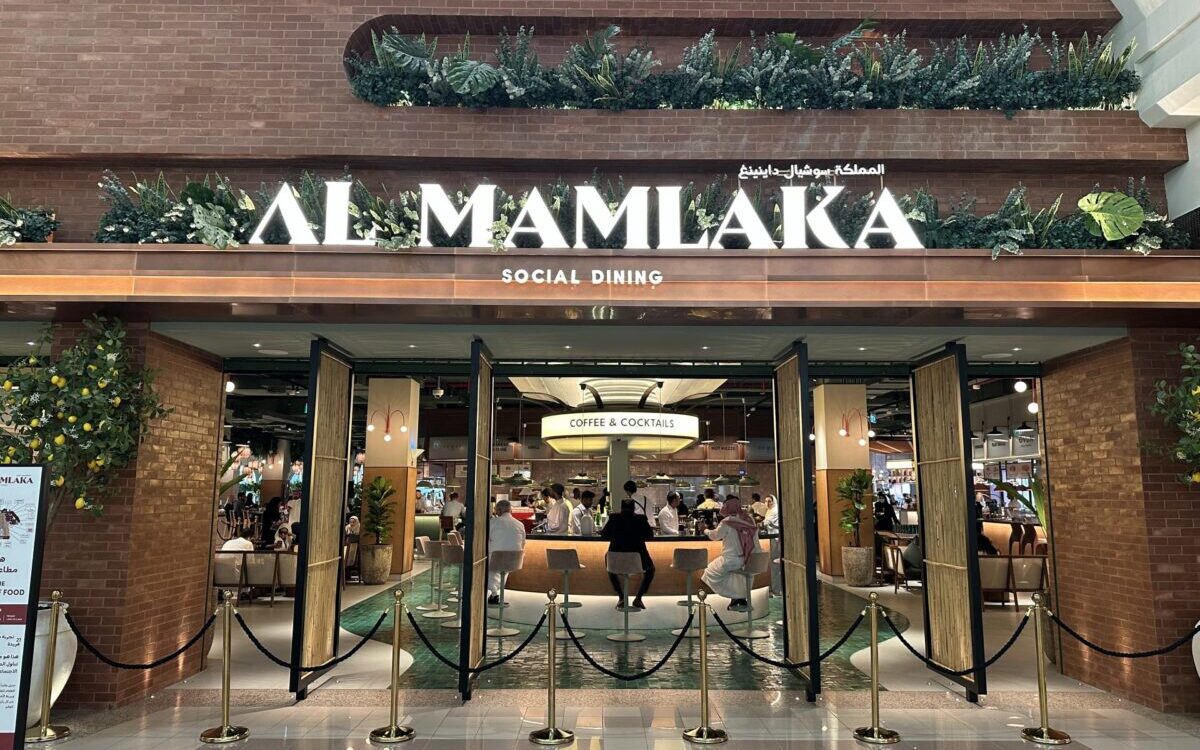
Overall, these examples demonstrate the ability of certain establishments to deliver exceptional and unforgettable experiences within the hospitality industry.
The rise of food tourism has also fueled the international development of markethalls. Travelers are increasingly seeking authentic food experiences when visiting a new destination. Markethalls are considered culinary landmarks, attracting tourists looking to savor local flavors and learn about a region’s gastronomic heritage. Markethalls offer an enticing mix of traditional and modern cuisines, allowing visitors to immerse themselves in the local food scene.
With their newfound popularity, markethalls have evolved to cater to the changing needs and demands of consumers. While the traditional market experience is still cherished, modern markethalls have undergone transformations to accommodate a wider range of tastes and preferences. Many now incorporate trendy food stalls, fusion cuisine, and avant-garde dining concepts, ensuring that there is something for everyone.
However, it is important to note that the planning and curation of markethalls are crucial. Simply transforming a space into a markethall without proper consideration and flow can lead to disappointment and business failure. It requires volume, dedication, and a managed storytelling approach. Markethalls should not just be spaces with an uninspired lineup of food operators. They need proper preparation and curation to create a compelling experience for visitors.
In conclusion, markethalls have experienced a remarkable international resurgence in recent years due to their ability to offer quality, authenticity, experiential consumption, cultural diversity, and appeal to food tourism. They provide a means for individuals to connect with their food sources, support local producers, and embark on culinary adventures. However, it is important to approach the development of markethalls with thorough consideration and proper planning. They are not a plug-and-play solution but require careful curation to truly succeed. As markethalls continue to grow and evolve, their significance in the global food landscape will become even more prominent.

Will Odwarka
Will Odwarka is the Founder and CEO of Dubai-based firm Heartatwork Hospitality Consulting since 2019, and a member of the ACROSS Advisory Board. He was born and raised in Vienna, Austria. He has 30+ years of experience leading international strategic growth and development, Franchise and partner management, and F&B operations. He successfully opened over 1000+ outlets in over 40 countries for renowned global players such as McDonald’s, Starbucks, Burger King, Costa, and Wendy’s and smaller players like Creamscafe and Coffeeshopcompany. He strongly focuses on international market entry for F&B players, brand and investor scouting, and AI in hospitality in the Middle East and Europe.

Jonathan Doughty
As a highly experienced F&B professional, Jonathan Doughty has worked at all corporate levels, and has held both executive and non-executive board roles, as well as special advisory appointments and acted in training roles. He has extensive experience around the world in hospitality, property, food and beverage and commercial real estate. Having worked remotely, in situ and on demand in over 30 countries, he is recognised as a leading professional in both the foodservice and commercial property industry.


